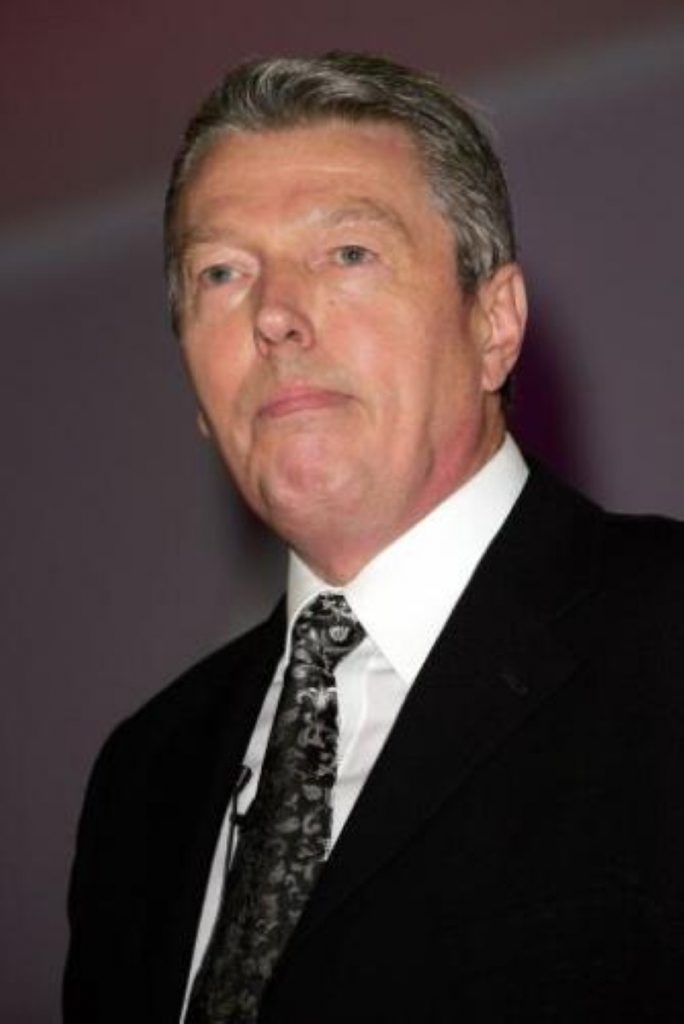Johnson’s private school praise ‘opens debate’
Alan Johnson’s support for the private school system may be controversial but has brought to light a debate “that has to be had”, a teachers’ leader has admitted.
The education secretary provoked controversy yesterday by saying state schools could learn from independent schools in the way they developed pupils’ social skills through teaching subjects such as music and art.
He also came under fire on Monday for admitting he had tried to help get a boy in his constituency a place at a private school because there were no “suitable” state secondaries available. It has since been reported that this attempt failed.
“I don’t think it is betraying the human race to send your child to private school,” Mr Johnson said at the time.


The National Union of Teachers (NUT) tersely responded by saying the minister “would be advised to visit a lot more state schools”, while left-wing Labour backbencher John McConnell warned that private schools only served to reinforce social divisions.
Today NAHT general secretary Mick Brookes accepted that in praising private schools for their music, art and team-building work, Mr Johnson ignored the good work being done by state schools, as shown by the annual ‘schools prom’ in the Albert Hall.
But he said the education secretary’s comments, and his call for greater cooperation between private and state schools, could be seen as a good thing, “maybe bringing some surface to a debate that has to be had about working between the state and private sector”.
He told politics.co.uk: “The reality of the world is that private education exists – its part of the whole approach of raising education standards in this country.”
Mr Brookes cited chancellor Gordon Brown’s Budget pledge to raise the level of funding in state schools to that of the private sector – although ministers have since admitted this is more of an “aspiration” than a promise – and said this was the right attitude to take.
Martin Johnson, head of education policy at the Association of Teachers and Lecturers (ATL), also welcomed the minister’s focus on the benefits of independent schools, saying state schools should be given the same freedom from the curriculum as they had.
“The real problem for state schools is the national curriculum, which is totally out of date. Many state schools try to offer their pupils a wider range of learning, but this is in spite of, rather than because of, the national curriculum,” he said.
In a speech to a parenting conference yesterday, the education secretary said one of the reasons private schools got such good results, aside from selection and extra resources, was the time they spent with children doing sport, music and drama.
“These skills are vital in today’s workforce where the ability to communicate, interact and engage are essential – they are the skills which employers increasingly look for first,” Mr Johnson said.
However, a spokeswoman for the NUT noted: “One of the main reasons parents choose independent schools is because of the very small class sizes – there are rarely more than 15, but the only limit in state schools is among five to seven year olds and that is 30.”
As a result, she said: “[Private] teachers’ time outside the classroom is less burdened with individual marking and preparation, giving the teachers greater opportunity to concentrate on all those extra curricular activities that make for a rounded education.”









